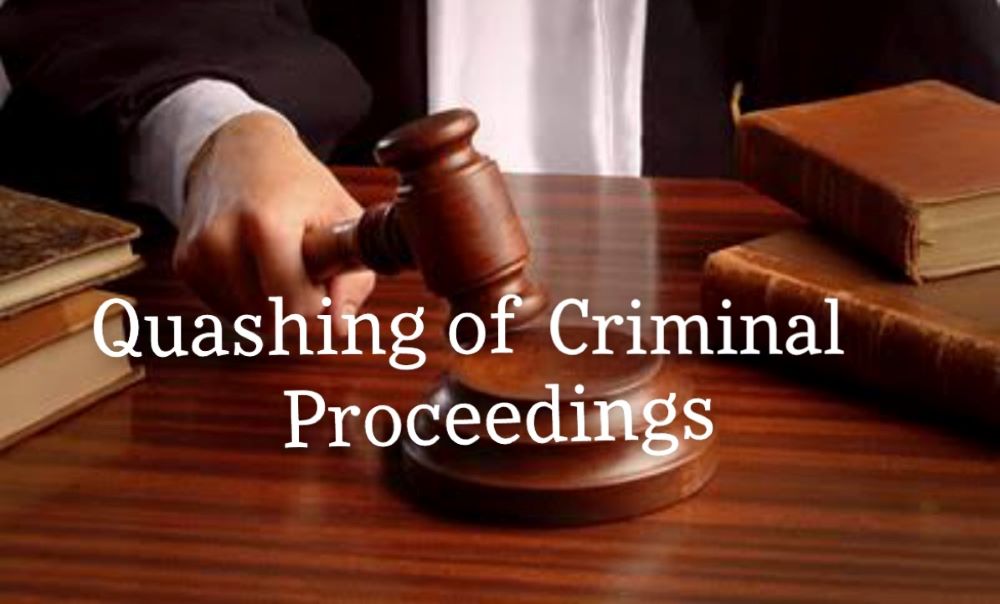Kriti Agrawal
The Kerala High Court ruled that criminal proceedings involving non-compoundable offenses may be quashed at the post-conviction level by using the power under Section 482 of the Code of Criminal Procedure (CrPC) following a settlement between the defendant and the victim.
Justice Kauser Edappagath observed, “If requirements of section 482 of CrPC were satisfied in the sense that it was necessary to prevent abuse of the process of any Court or to secure the ends of justice, the criminal proceedings involving non-compoundable offence could be quashed notwithstanding the fact that the order of conviction was already passed against the accused provided offence in question does not fall in the category of offences prohibited for compounding in terms of the pronouncement of the Apex Court.”
The court went on to say that such powers cannot be limited to being exercised only prior to an accused’s trial.
In this case, the accused were found guilty of offenses punishable under Indian Penal Code Sections 143, 147, 149, 326, 307 r/w 149.
When the appeal came up for a final hearing, the accused lodged an application under Sections 482 and 320 of the CrPC to quash the entire proceedings and set aside the conviction and punishment on the grounds that the entire conflict between him and the victim had been resolved.
According to the petitioner, Section 482 CrPC power may be used to quash criminal proceedings of any kind, whether compoundable or non-compoundable, at any time, even after the defendant and the victim have reached an agreement.
Agreeing with this submission, the court observed that because the inherent power u/s 482 CrPC for quashing criminal proceedings is of such wider view for being exercised with the aim of protecting the ends of justice, such powers cannot be limited to being exercised only prior to an accused’s conviction.
The judge said, “Merely because the order of conviction was pending adjudication at the appellate or revisional stage, the same could not be a ground for refusing to exercise powers u/s 482 of CrPC. to quash the criminal proceedings especially when the parties to the dispute had arrived at a settlement.
Hence, I hold that if requirements of Section 482 of CrPC were satisfied in the sense that it was necessary to prevent abuse of the process of any Court or to secure the ends of justice, the criminal proceedings involving non-compoundable offence could be quashed notwithstanding the fact that the order of conviction was already passed against the accused provided offence in question does not fall in the category of offences prohibited for compounding in terms of the pronouncement of the Apex Court in Gian Singh, Narinder Singh and Laxmi Narayan.”
The court observed that the offence for which the accused was convicted in this case does not require mental depravity or serious crimes such as rape, dacoity, or murder.
While quashing the criminal proceedings against the accused the court said, “It does not fall in the category of offences termed to be prohibited in the pronouncements of Apex Court to be compounded exercising power u/s 482 of CrPC. The dispute appears to be personal in nature and the victim is no more interested in carrying on with the criminal proceedings.”

